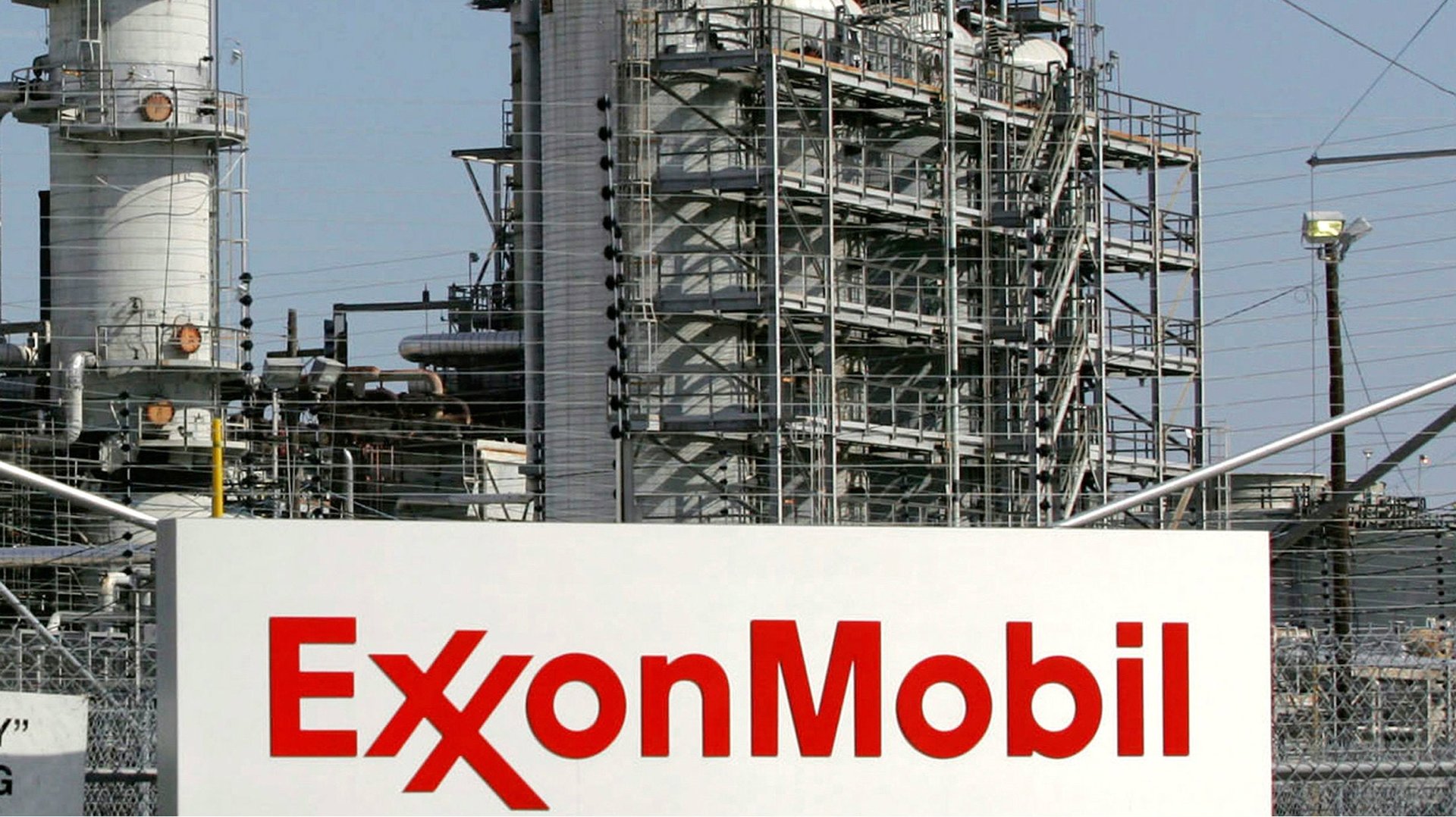ExxonMobil faces a New York investigation into whether it hid the risks of climate change
This post has been updated with details from a conference call held by ExxonMobil.


This post has been updated with details from a conference call held by ExxonMobil.
In an escalating challenge to ExxonMobil, the New York attorney general is probing whether the oil company hid the risks of climate change from the public and its shareholders, disregarding internal corporate studies describing its potential perils.
The investigation, reported first by The New York Times, follows a growing political clamor in response to recent reports published by Inside Climate News, a digital website; and by a joint team from the Columbia University Journalism School and the Los Angeles Times.
Their reports documented decades of internal ExxonMobil studies of climate change going back to the late 1970s. Taken as a whole, the studies arrived at no categorical conclusions regarding what was happening with the planet—many of them pointed out the risks of climate change, while also noting that nothing could be said with certainty.
But starting in the late 1980s, the company swung hard to the side of skepticism, thus overriding the more balanced content of the internal studies. The company began to fund organizations and scientists who sharply challenged consensus climate science. In 2009, the company—at the time facing a newly elected Democratic Party president, Barack Obama, who favors climate change legislation—said it now accepted that climate change was “an important global issue,” and advocated a carbon tax in response.
In response to the reports, US government investigations of ExxonMobil have been urged by Democratic presidential contenders Hillary Clinton and Bernie Sanders, along with four US congressmen.
In a statement, ExxonMobil said it had received a subpoena for internal documents regarding climate change and that it was “assessing” its response:
We unequivocally reject allegations that ExxonMobil suppressed climate change research contained in media reports that are inaccurate distortions of ExxonMobil’s nearly 40-year history of climate research that was conducted publicly in conjunction with the Department of Energy, academics and the UN Intergovernmental Panel on Climate Change.
According to the New York Times account, the investigation is focusing on whether the company adequately informed its shareholders that climate change held risks for their investment. That is, even if ExxonMobil’s leadership was skeptical about the apocalyptic scientific conclusions, climate change indisputably represents some quantifiable quotient of risk: Did the company sufficiently inform its shareholders of that?
The company said it had informed the public and its investors “about the business risk of climate change for many years.” It provided links to 2014 statements in its 10-K filing to the Securities and Exchange Commission, its Corporate Citizenship Report, and in other reports to shareholders.
The problem for Exxon is not whether or not it suppressed its internal knowledge of climate change—while it has made little effort to let the wider world know of its pioneering work on the issue, it in fact did not suppress the studies, housing them publicly at the University of Texas.
The problem, instead, is the company’s long campaign to undermine public confidence in the science of climate change. Leading that charge was then-CEO Lee Raymond, himself a Ph.D chemist with a profound skepticism of climate scientists.
In an evening conference call with reporters, ExxonMobil spokesman Ken Cohen denied that the company had been an activist against climate scientists or played down the dangers of climate change. He said that others had sought to “label” ExxonMobil’s actions but that the company had consistently adhered to a consensus assessment of the science.
Cohen characterized the Lee Raymond years as a time when the company actively backed the study of the issue and the formulation of good government policy. In terms of its shareholders, he pointed to a 2007 10-K filing with the SEC that flagged a potential financial risk from government regulation in response to climate change risks (pdf, page 3).